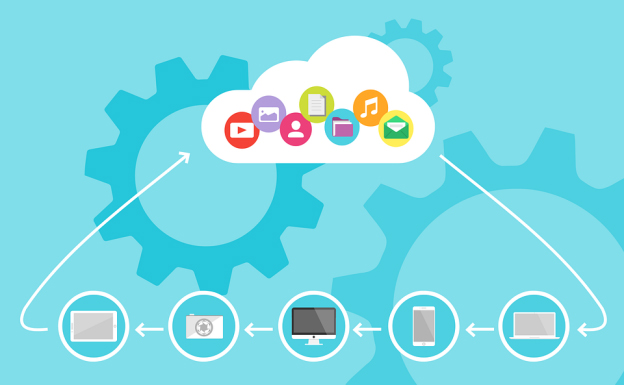“Cloud is the future of business IT.” The statement would have looked too ambitious, even presumptuous to many, up until a few years ago. Now, almost all organizations or institutions with off-site or on-premise servers have either already migrated to the cloud or are planning to do so.
Cloud no longer a phase or just another alternative to legacy systems; it’s a significant improvement over the existing systems and has several tangible benefits for businesses.
If you haven’t made up your mind about migrating to the cloud or you are worried that the expenses might not be worth it, knowing the benefits of cloud migration might help you make up your mind.
Flexibility
The cloud is flexible. With a legacy system, you may need to make certain hardware adjustments if you want to shrink or expand. They will need significant investment if you are expanding, and you will not be able to reclaim what you’ve already invested when you shrink. But if you are on the cloud, you will only pay for the server “space” and services that you are using, nothing more.
Scalability
Migrating to the cloud allows you to have access to resources way beyond your current scale. Even if you are a small firm that cannot afford a legacy server to rival a well-established competitor with many times more resources than you, the cloud can let you compete on an equal footing.
This is especially beneficial for companies that are rapidly expanding, and their products are growing beyond their inherent scale. Instead of waiting to raise capital and expanding, they can migrate to the cloud and expand to fit their clients’ needs/demands.
Cost-Effectiveness
The cost of cloud migration usually depends upon the migration strategy you’ve chosen. But even if you’ve chosen the costliest migration strategy, the long-term costs of migrating to the cloud are significantly lower. You no longer need to invest in maintaining and growing a legacy system. That means lower operational costs and reduced capital expenses.
The cost-effectiveness benefit of the cloud goes way beyond a reduced IT budget. You can explore many new avenues and expansions that you previously couldn’t have because of your legacy system’s limitations. You can also reduce your on-site IT staff, saving yourself a hefty amount in payrolls.
Security
Ironically, security was one of the reasons why many businesses didn’t want to migrate to the cloud, traditionally. But nowadays, the cloud offers better security than most on-premise data centers and servers. They have more protection layers in place than you usually see in on-premise systems, simply because it’s not feasible. Cloud systems are updated regularly, and more accessibility checks keep unwanted and malicious data out.
Performance and Disaster Management
Even the most advanced and well-kept on-premise data centers might deteriorate over time and not perform as well as they did in their prime. Similarly, increased load and infrequent revamping of the systems can have a negative impact on a company’s digital performance. This is something cloud systems are mostly immune to. The business of cloud companies relies on the performance and integrity of data that they offer. Hence, they try and keep a state-of-the-art IT infrastructure, which offers optimal performance. Similarly, cloud-based applications rarely see any downtime compared to apps depending on on-premise servers. Disaster management protocols of clouds are also significantly better.
Conclusion
Migration to the cloud might seem like a massive undertaking, especially to SMBs with limited resources. But if you run a cost-benefit analysis of how you will save after migrating to the cloud, and how much improvement you will get for the investment, migration would almost always seem like a better option than sticking with your old servers.
